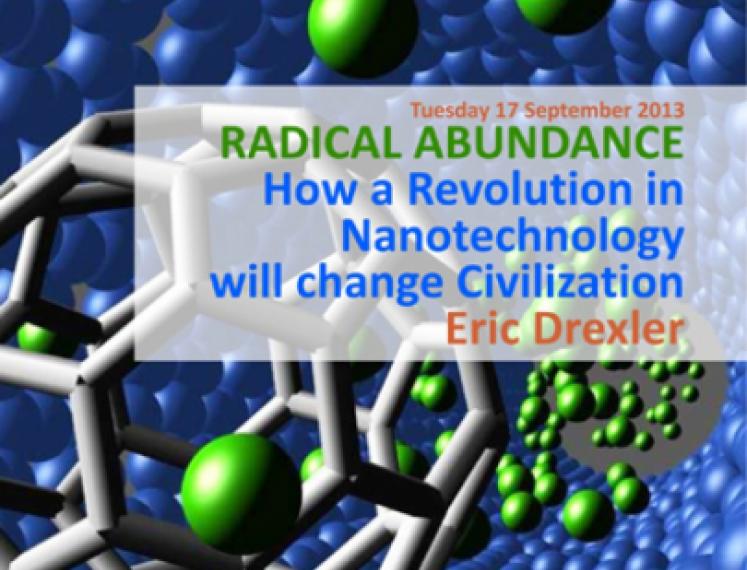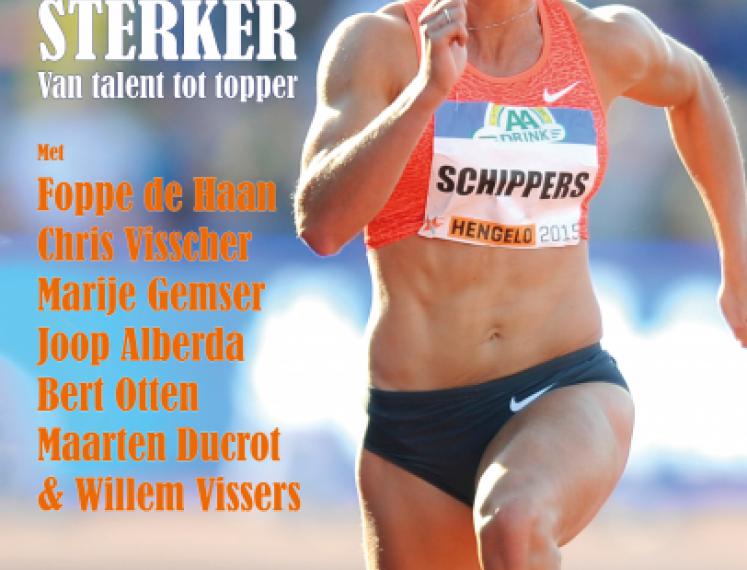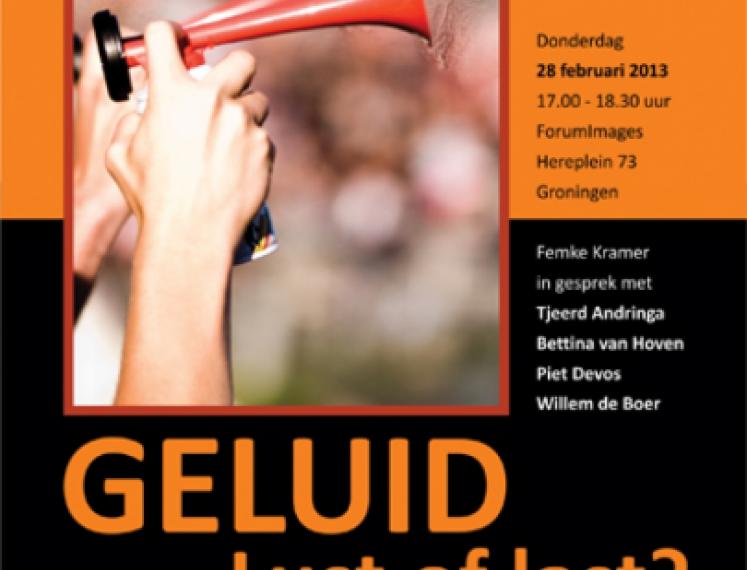Radical Abundance
Eric Drexler is the founding father of nanotechnology—the science of engineering on a molecular level. Thanks to atomically precise manufacturing, we will soon have the power to produce radically more of what people want, and at a lower cost.
In the 80's Eric Drexler was the first to propose and explore the hidden idea of engineering on the molecular level. The once far-out idea of nanotechnology took hold in science and popular culture, now the ever-quickening progress in nanoscale technologies is on the way of transforming our world. Thanks to atomically precise manufacturing, we will soon have the power to produce radically more of what people want, and at a lower cost. The result will shake the very foundations of our economy and environment. Already scientists have constructed prototypes for circuit boards (specialized functional structures) built of millions of precisely arranged atoms. The advent of this kind of atomic precision promises to change the way we make things—cleanly, inexpensively, and on a global scale. It allows us to imagine a world where solar arrays cost no more than cardboard and aluminium foil, and laptops cost about the same. Will this atomic precision change everything - from the way our technology is made to the fundamentals of how our economy operates? Can the industrial production, as we know it, be changed beyond recognition? Eric Drexler will offer a mind-expanding vision of a world hurtling toward an unexpected future.
Eric Drexler is a pioneering nanotechnology researcher and author. He was awarded a Phd from MIT in Molecular Technology (the first degree of its kind). He served as Chief Technical Advisor to Nanorex, a company developing design software for molecular engineering. He also served as Chief Technical Consultant to the Technology Roadmap for Productive Nanosystems. In his influential book Engines of Creation (1986), the term ‘nanotechnology’ was introduced. He is currently an Academic Visitor at Oxford University where he recently completed Radical Abundance, How a Revolution in Nanotechnology Will Change Civilization, published by PublicAffairs Books, May 2013.



